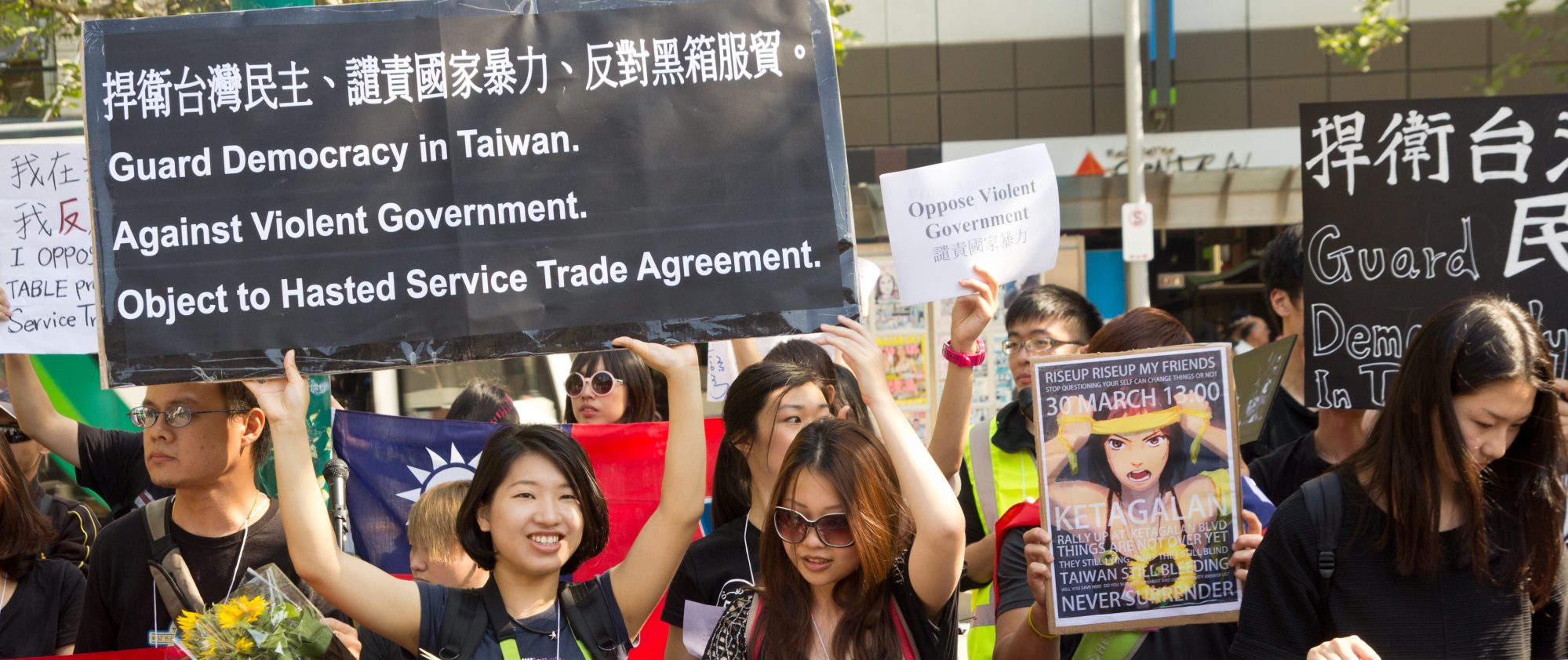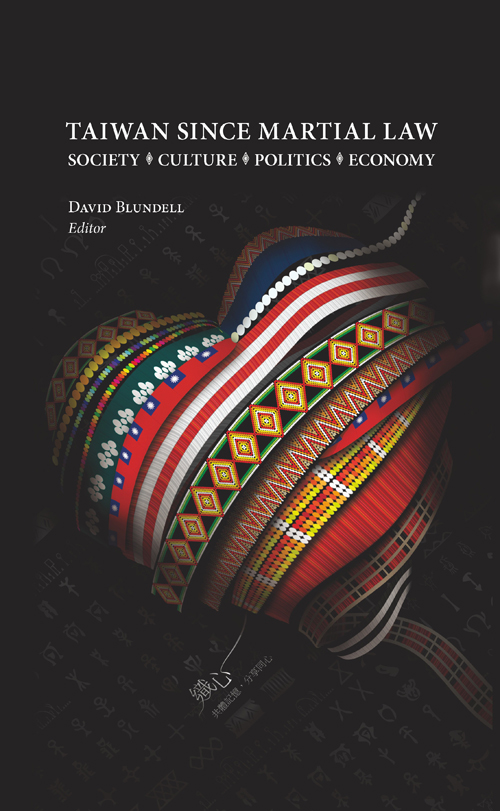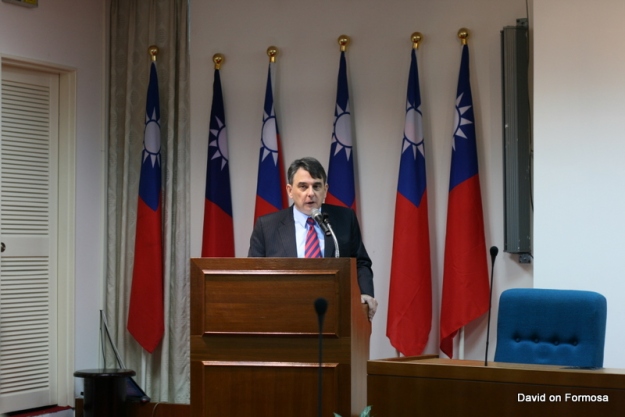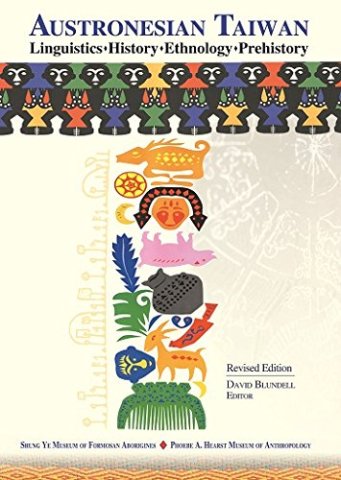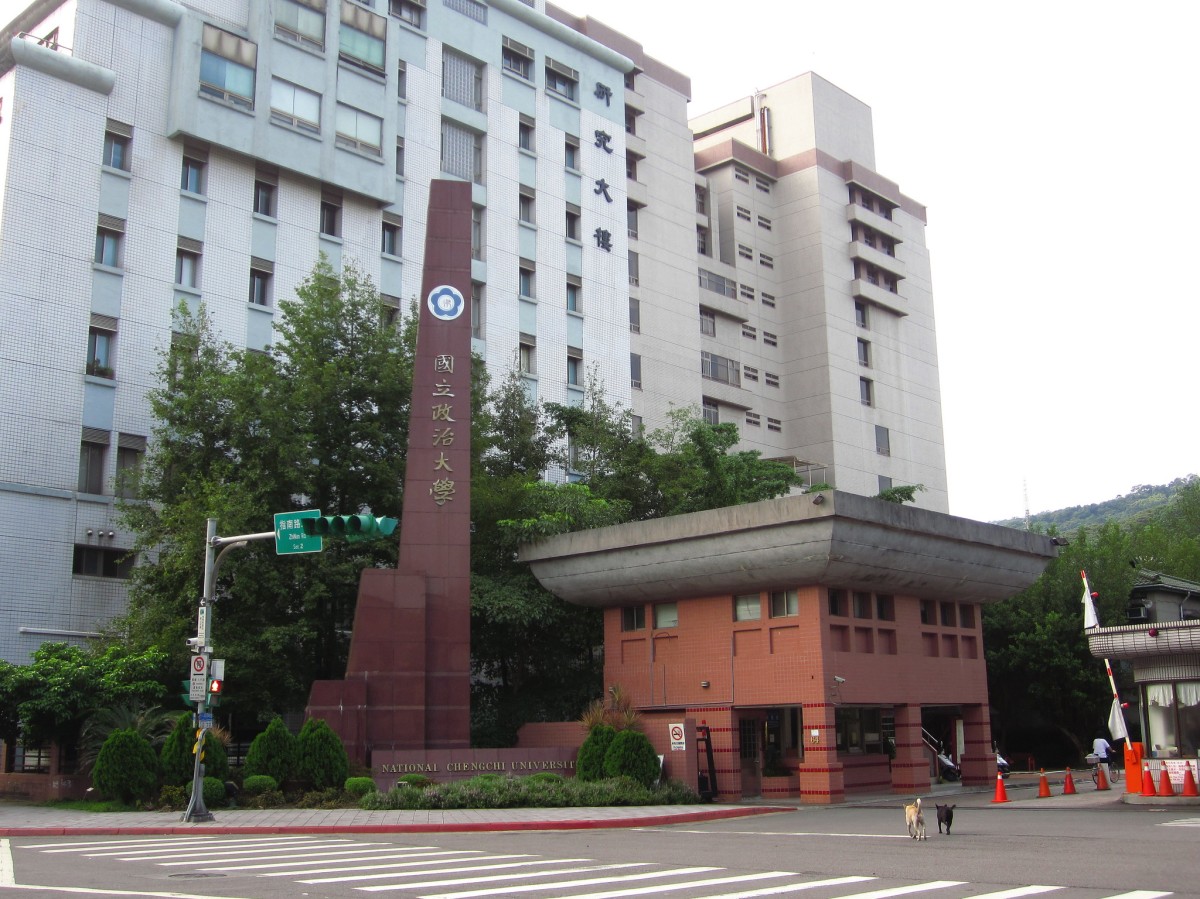
Photo by Ken Marshall, flickr (Creative Commons licence)
The following letter, which I co-wrote with Ben Goren, was published in the Taipei Times today. Addressed to Edward Chow, the President of National Chengchi University, it calls on the university to change the school anthem and make greater efforts to align the university’s values with the pluralistic democracy of contemporary Taiwan rather than paying homage to the historical party-state.
As alumni of National Chengchi University (NCCU), we have followed the news about students boycotting the school anthem during a university choir competition with great interest (“Students boycott ‘outdated’ anthem,” Dec. 6, page 3).
We would like to make a public call to NCCU president Edward Chow.
We applaud and stand with the students who want to change the anachronistic anthem with a song that reflects Taiwan’s democratic values and seeks to establish the political neutrality necessary for the school to be taken seriously as an international institution.
NCCU was established in Nanjing and was re-established in Taipei. Throughout much of its history in China and Taiwan it has functioned as a training ground for bureaucrats of an authoritarian party-state.
Thankfully, Taiwan has moved on from the dark days of the White Terror era to embrace democratic values. Yet, sadly, it appears many administrators at NCCU are still resisting attempts to realign the values and ethos of the school with the evolution of Taiwan into a nation defined by pluralism, freedom of speech and transitional justice.
NCCU could be at the forefront of the efforts to “decolonize” public institutions of moribund political ideologies.
That it avoids this responsibility continues to hurt its reputation and taints its academic output with the stigma of unprofessional partisanship.
NCCU should no longer project an image of being a school for training students to serve the party-state. Instead, it should promote itself as being at the forefront of advocating democratic values.
It needs to encourage its students to develop critical analysis and leadership skills, essential for Taiwan’s continuing democratization. It also needs to cultivate the skills and the perspective needed to operate in an increasingly interconnected and complex international environment.
NCCU’s school anthem should be updated to show that Taiwan has a multi-party democratic system. It needs to strip its campus of structural and symbolic homages to its historical origins, and its role as a crude mechanism for legitimizing and reaffirming the state.
It should instill a vision for the university as a leader in the promotion of democratic values in Taiwan and beyond.
The administration of NCCU is standing on the wrong side of history. They need to catch up with the times.
David Reid and Ben Goren
